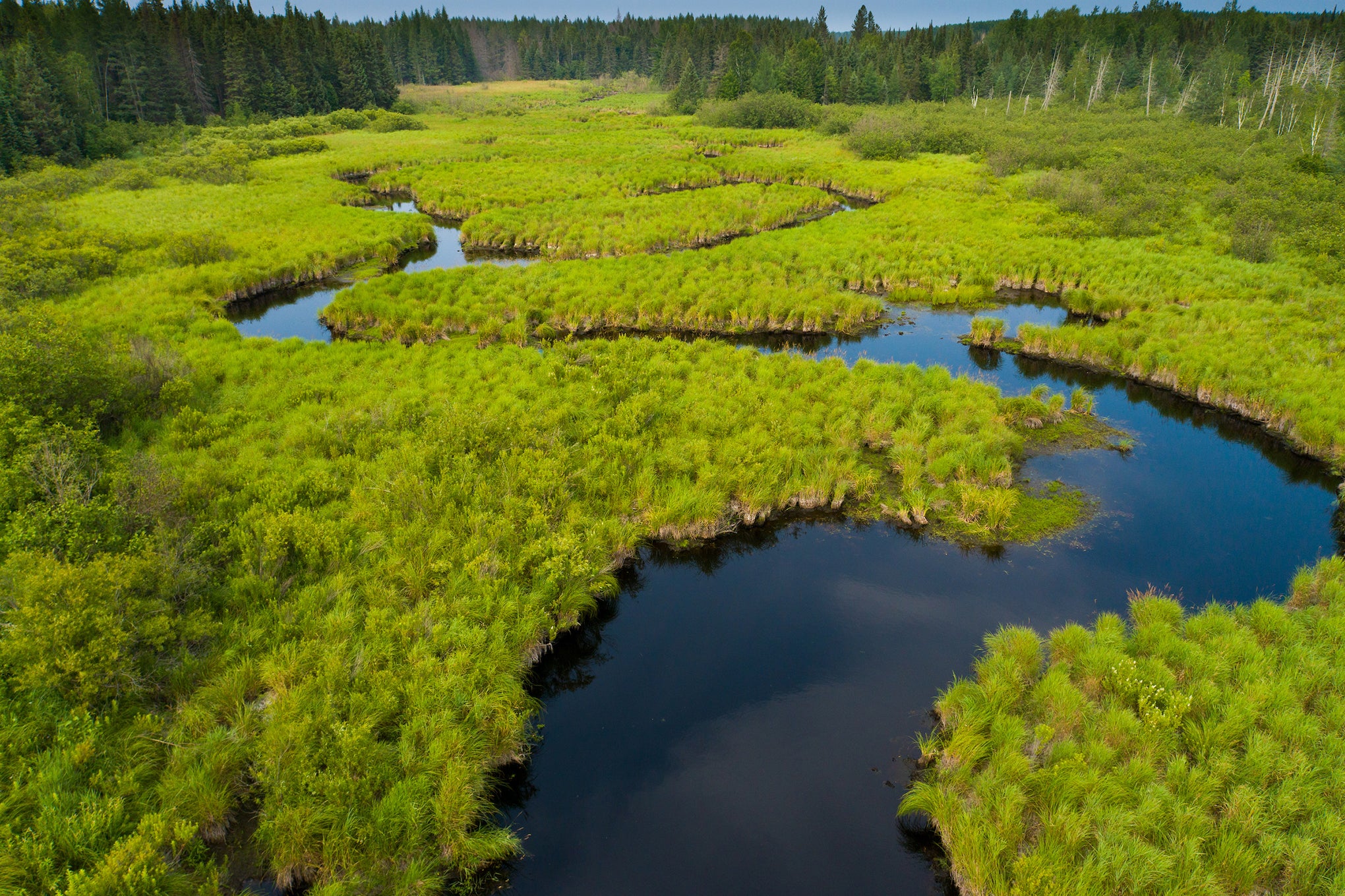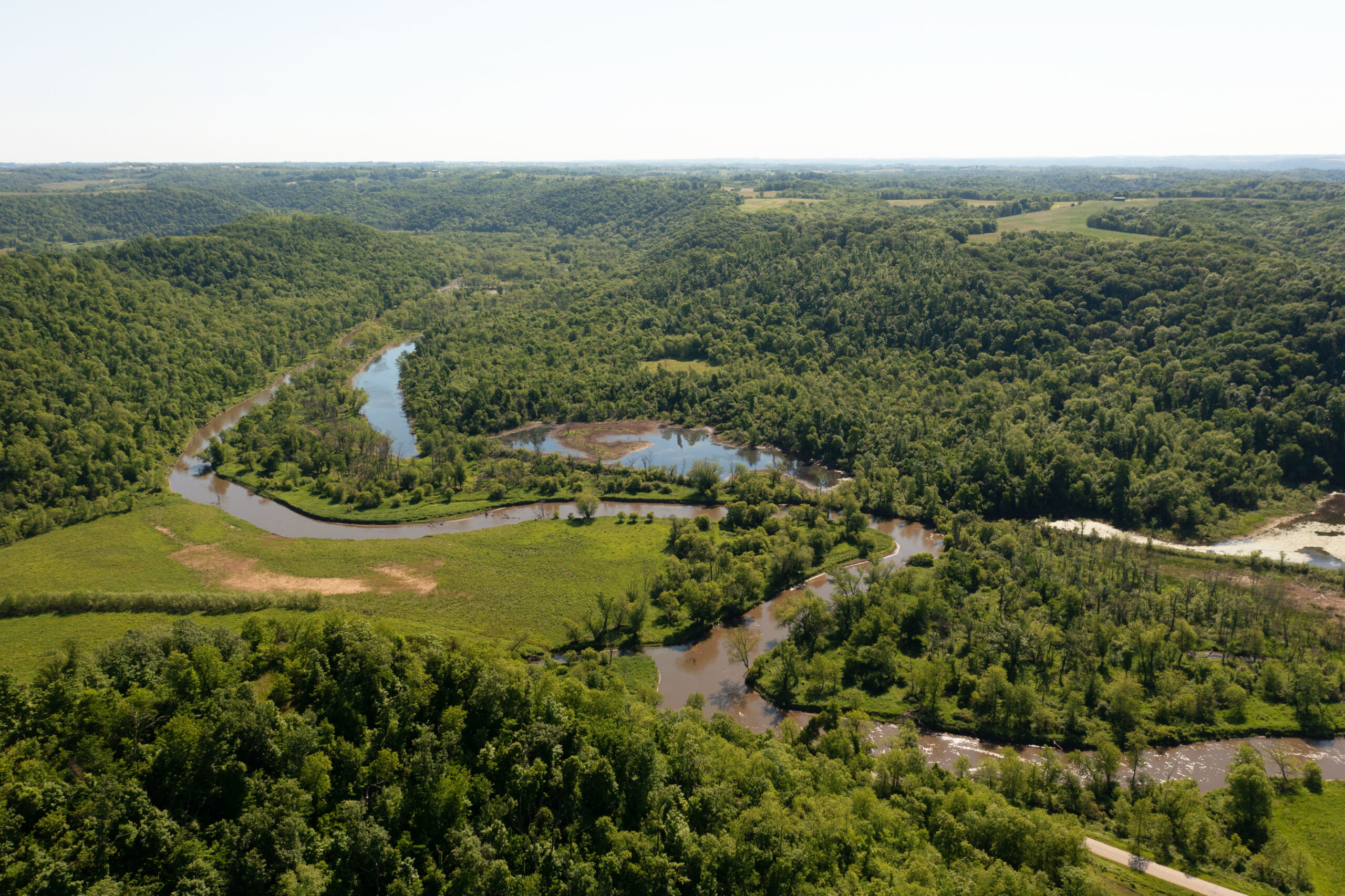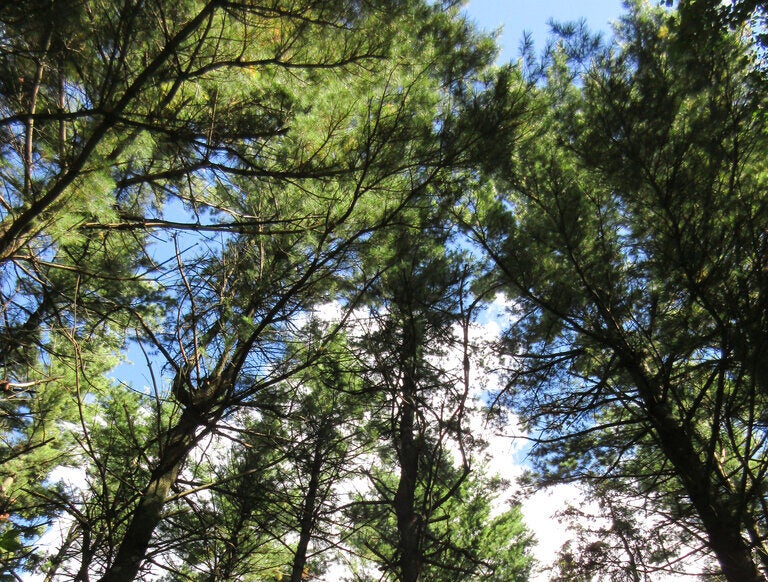The Wisconsin Natural Resources Board approved the remaining portion of the state’s largest land conservation effort in state history. The board signed off on a $15.5 million conservation easement for more than 56,000 acres in northern Wisconsin on Wednesday.
The property located east of Rhinelander is known as the Pelican River Forest. The Conservation Fund, a national environmental conservation group, bought 70,000 acres of private forestland last year to preserve it for recreational use and logging. The Department of Natural Resources has been working with the group to secure easements for the site.
“It’s quite large in nature. It features quite diverse rolling topography, a high percentage of upland mature woods, an excellent roads system for interior public use also for hiking and hunting,” said Jim Lemke, the DNR’s real estate section chief. “And there are many thousands of acres of wetlands and spring heads, including 6,000 feet of frontage along the Wolf River.”
News with a little more humanity
WPR’s “Wisconsin Today” newsletter keeps you connected to the state you love without feeling overwhelmed. No paywall. No agenda. No corporate filter.
The board already approved a nearly $4.7 million easement on 12,500 acres within the forest last year. The two easements combined mean the project now surpasses the 65,800-acre Brule-St. Croix Legacy Forest that was set aside for conservation in 2015, becoming the state’s largest land acquisition for public access. The Conservation Fund will oversee the property with certification from the Forest Stewardship Council to ensure management meets environmental standards.
The bulk of the money for the purchase comes from a $10.8 million federal forest legacy grant while roughly $4 million will flow from the Knowles-Nelson Stewardship Program. The National Fish and Wildlife Foundation also donated $600,000 for the acquisition.
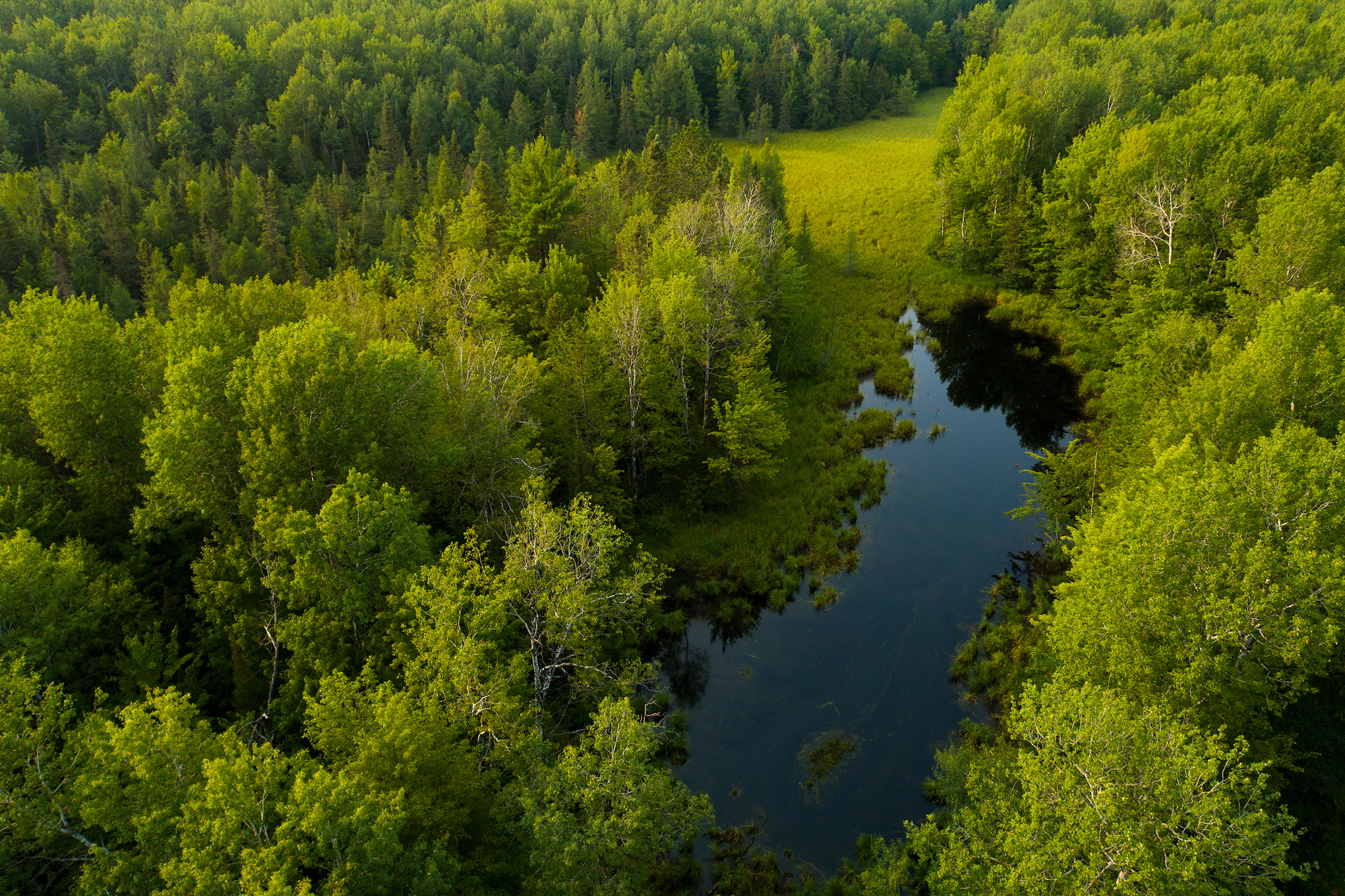
The project drew praise from both the board’s conservative and liberal appointees.
“It is the biggest parcel that I’ve ever seen, and I just hope that the people Wisconsin are listening and take part because this opens up a lot of public hunting land in the Northwoods,” said Fred Prehn, the board’s former chair.
“It’s a wonderful opportunity, and I really look forward to exploring the area,” echoed board member Marcy West.
The forest will be open to the public for hunting, fishing, trapping, hiking and cross-country skiing. Altogether, the land includes 68 miles of streams and 27,000 acres of forest wetlands that straddle the divide between the Lake Superior and Mississippi River basins.
The forest also benefits the climate by storing the equivalent of carbon emissions released by 4 million cars each year. It’s also expected to support 775 forest-related jobs, according to the Conservation Fund.
The project will protect the headwaters of the Wolf River along with spring heads and tributaries that flow into the Wisconsin River. The DNR said the conservation effort received support from numerous groups, including the Wisconsin Conservation Congress, Wisconsin Wildlife Federation, and statewide ATV and UTV clubs.
Even so, some Langlade County board members raised concerns about the project.
“They have concerns what goes on within their county borders, their tax base, and as a result of that they did issue to (DNR Secretary Preston Cole) a letter potentially of concern over this acquisition,” said Lemke, noting they raised issues with a 30-day time limit to weigh in on the purchase.
Lemke said a resolution opposing the acquisition failed at the county’s board meeting on Monday.
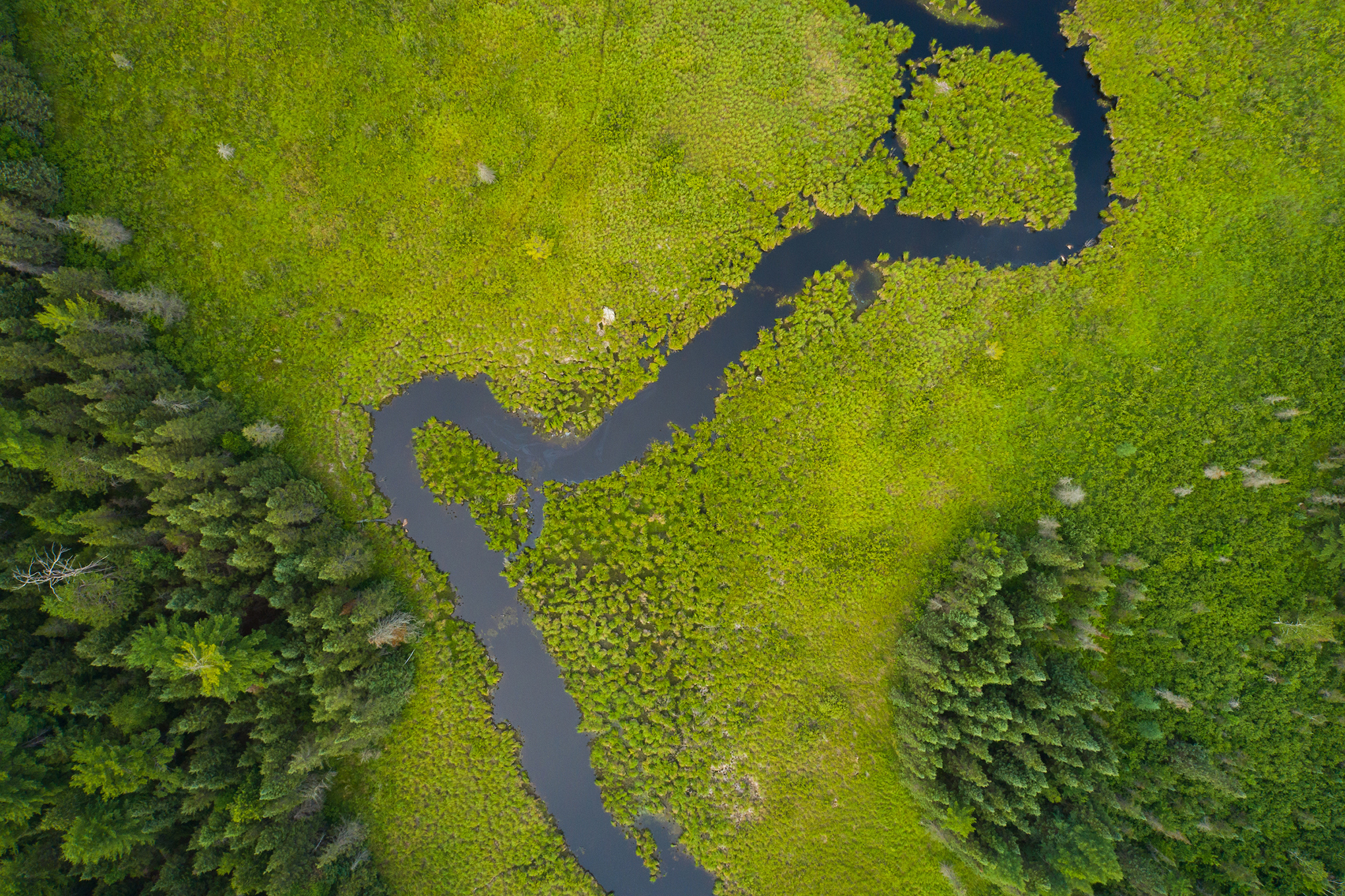
Photo by Jay Brittain/The Conservation Fund
Large land purchases have met opposition in recent years as some Republican lawmakers have opposed taking large blocks of private land off the tax rolls in heavily forested counties across northern Wisconsin. But, the Conservation Fund has said the 70,000 acres will remain in private ownership, contributing about $73,000 in taxes each year.
The DNR is also acquiring rights for public use of 50 miles of private woodland roads within the property. Around $1 million of the purchase will be set aside in an endowment to maintain them.
Several board members raised concerns about ongoing maintenance costs, including the board’s vice chair Bill Bruins. He voiced concerns about whether funding set aside for road repairs would be sufficient.
“This is in perpetuity, that means like forever,” said Bruins. “So, at some point in time, there’s going to be added costs to maintaining this property.”
The board’s secretary Bill Smith urged the DNR to avoid roads that may prove more costly to maintain due to erosion or other factors. He also questioned ongoing timber management within the forest.
Ron Gropp, the DNR’s forest legacy program manager, said the agency will bar dividing up parcels or fragmentation within the forest.
Private forestland that has become more fragmented has made it challenging and costly to conduct effective timber management. At the same time, loggers in Wisconsin’s $24.5 billion forest products industry that employs more than 64,000 workers have struggled with paper mill closures spurred on by the COVID-19 pandemic.
Board members also shared concerns about deer management, signage, and the DNR’s land appraisal process. Secretary Cole directed the agency to address those issues with the board within the next two months.
The DNR and its policy-making board don’t have the final say on land acquisitions. Any member of the Legislature’s Joint Committee on Finance could still object to the project. A land conservation effort in Ozaukee County almost failed after an anonymous lawmaker objected to the deal. Gov. Tony Evers later issued $4.5 million in COVID-19 relief to fund five projects that committee members rejected, including for the Cedar Gorge-Clay Bluffs Preserve in Ozaukee County.
Wisconsin Public Radio, © Copyright 2025, Board of Regents of the University of Wisconsin System and Wisconsin Educational Communications Board.

